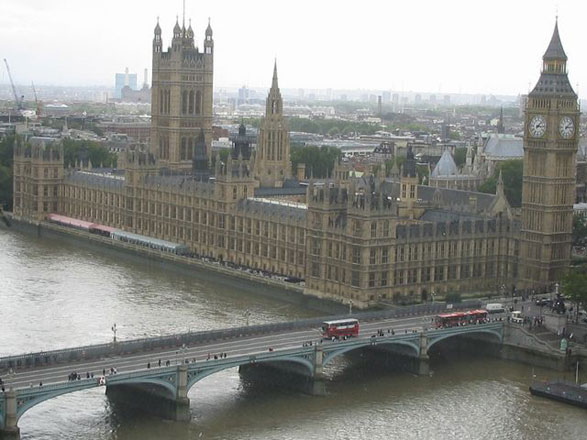Britain is urging the World Bank to put together a long-term plan to meet the needs of refugees following a summer dominated by a migration crisis that has put strains on the European Union, The Guardian reported.
Justine Greening, the international development secretary, told the bank's annual meeting in Lima that short-term emergency assistance was not enough and that a strategy was needed to provide schools, hospitals and work for those displaced.
Speaking to the Guardian, Greening said the key to tackling migration was action to promote growth and development, and that this was a role for the bank. "This is a crisis that is not just going to clear itself up in one or two years," said Greening.
"In the 1980s, the average time somebody would be a refugee was eight years; today it is 17-18 years." She added: "The World Bank has a bigger role to play in ensuring that refugees have the chance of getting a job, that their children can be educated, and that there is adequate health care. If we don't address these issues, it is not surprising that people try to find a better life for themselves."
Greening said she had the support of other EU development ministers, and that she expected the bank's president, Jim Yong Kim, to come up with initial proposals for how his Washington-based organisation could do more.
The communique issued after the meeting of the World Bank's development committee, which includes Greening, called on the bank to do more to tackle the refugee crisis.
"Given the scale of the current refugee and migrant crisis, we call for targeted support, in collaboration with the UN and other partners, in addressing the challenges for countries and regions in turmoil, especially in the Middle East and North Africa, but also in other fragile and conflict states," said the committee, which consists of member-states' development ministers.
"The bank is part of these discussions," said Greening. "It can play a role in analysing and assessing needs, and by putting in place a long-term strategy. More money will be needed, but that is a choice that has to be made. It is a choice between children growing up illiterate or growing up being able to read and write."
Greening said the arrival in Europe this summer of people from Syria and Libya had underlined the importance of the UK's approach of promoting economic development so that people no longer felt the need to leave their own countries.
The committee also echoed the warnings of the International Monetary Fund - that the global economy appears to be heading for a soft patch.
"Global growth remains weak, and the downside risks for the second half of 2015 and 2016 have risen," said the communique.
"A moderate recovery in high-income countries is still continuing, but prospects of tighter financing conditions, slowing trade and renewed weakness in commodity prices are weighing on confidence in many developing countries."






